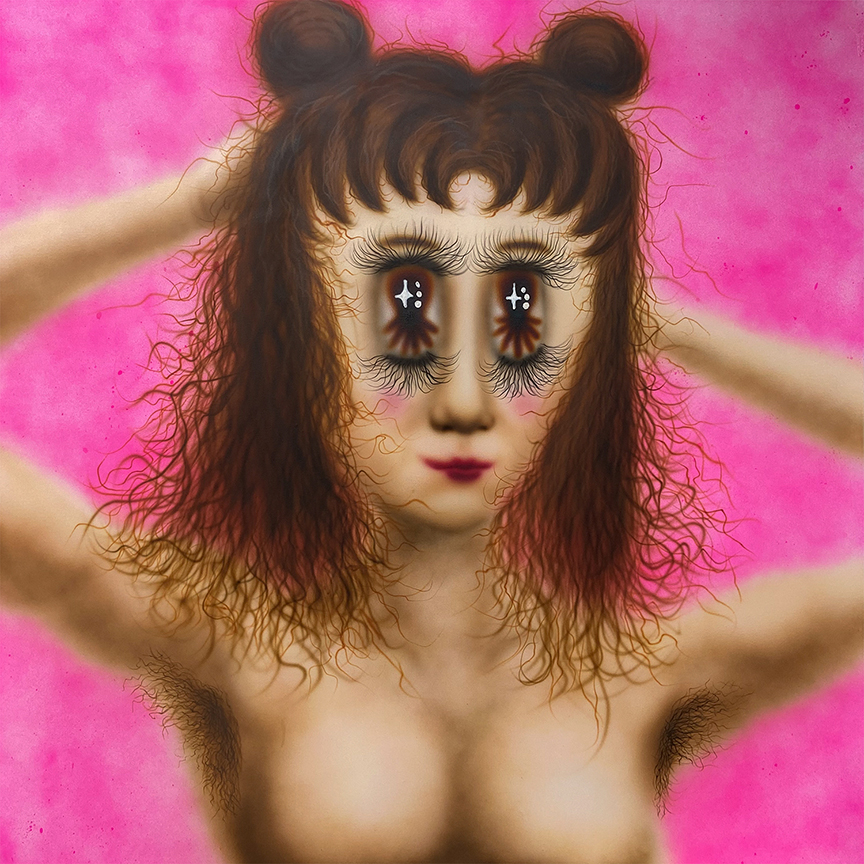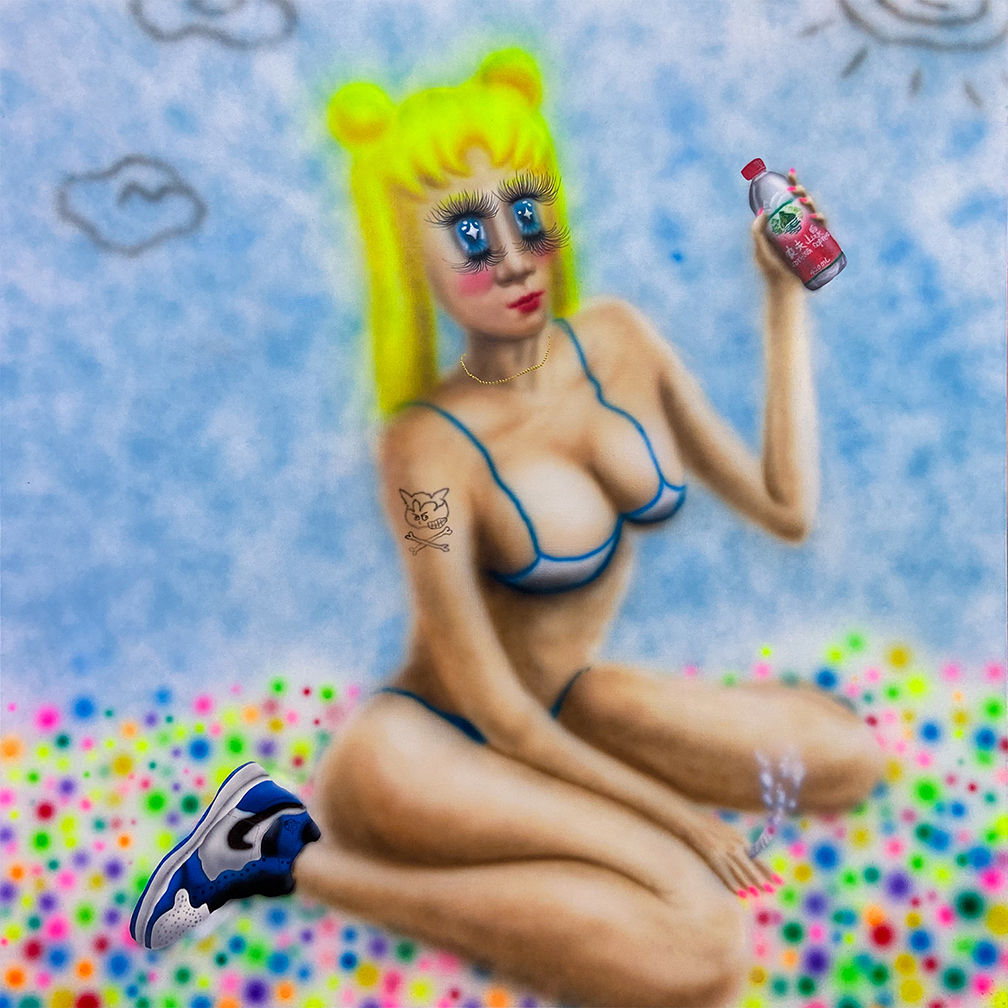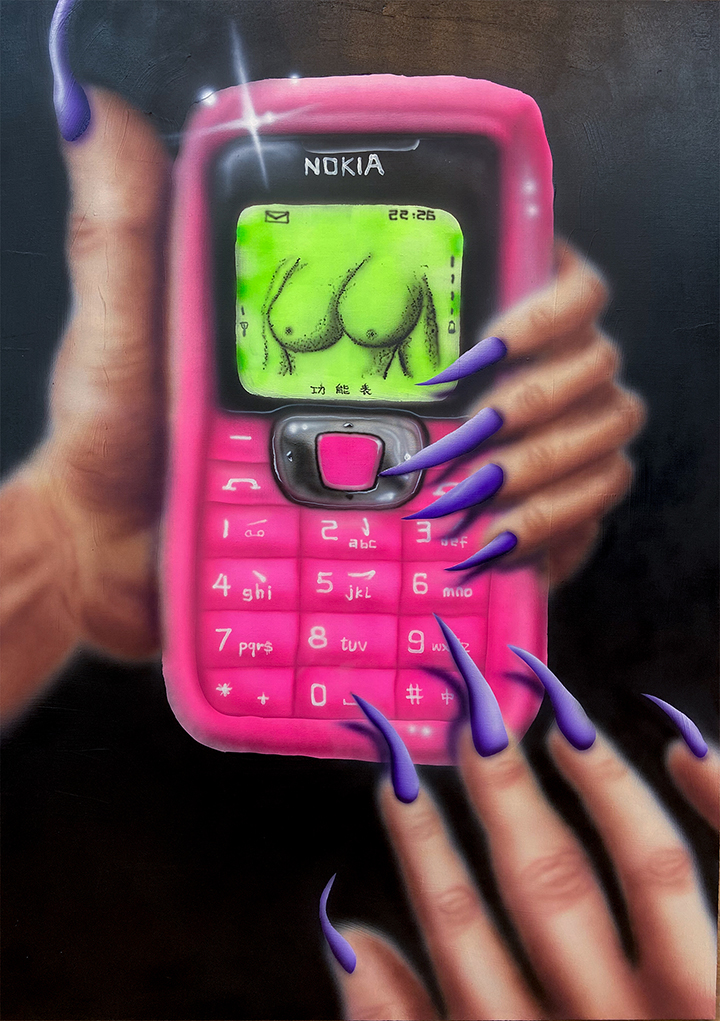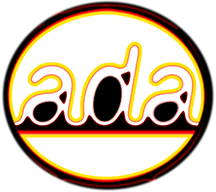ADA GALLERY CONTEMPORARY FINE ART

UNTITLED MIAMI BEACH 2024
YOUADA
DEC. 3-8 : BOOTH B-48



Youada (b. 1987) is a Chinese artist based in Hangzhou. He graduated from the China Academy of Fine Arts in Hangzhou in 2011, and has been exhibiting his work around the world ever since. His fine art career began to gain traction in 2018 in Shanghai and Beijing. He has now shown his work in London, Tokyo, Milan, Hong Kong and Los Angeles. His three previous solo exhibitions are Rapper Referred to as Spy, One Way Gallery, Beijing (2018); Play Me Love You, Swim Gallery, Los Angeles (2019); and Shrimp Bowl Cake, Tong Gallery, Beijing (2019).
In 2020 Youada also took part in Unit London’s group exhibition IRL, and showed his work at How Do We Begin?, the triennial exhibition at Museum X, Beijing. The history of expressing dissatisfaction with the status quo is important to Youada, who has retained this idea of breaking boundaries through art, and brought such concepts inside, travelling from the street to the studio. “I don't intentionally make political comments or irony, I just take what I see at the moment and paint the picture with my intuitive feelings. Some of them I think are romantic things, some of them I think are cute things, but maybe they will make the audience feel a sense of irony. Youada’s subjects and style are hyper-contemporary, they’re directly linked to internet culture. They are at once reminiscent of the garishness of meme culture and the unsettling feeling of a cursed image. The figures have a rebellious air: he paints women that smoke and drink and are sexually liberated, some of whom are in street gangs.hey ask us to look at contemporary society, often from the viewpoint of a more innocent youth, and ask questions of our everyday landscape, both internal and external. Youada’s practice is rooted in the materials and aesthetics of street art. As a teenager he would move through the streets of Huangzhou, honing his spray-painting skills and imbibing a very particular visual style that’s unique to Chinese street art culture. In a nation with heavy levels of censorship, street art is less of an artistic indulgence, and more of an essential tool for critiquing systems of power and claiming cities for the citizens. This now familiar use of public art as activism has its own significance and historical grounding in the Chinese cultural imagination.

